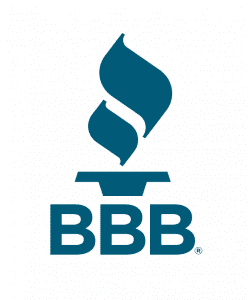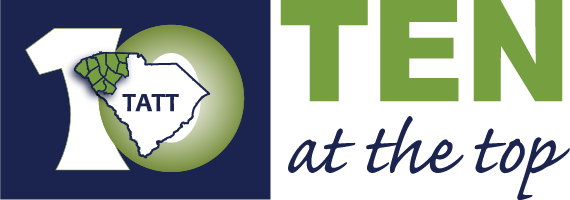
Better Business Bureau of the Upstate Top Scams Targeting Businesses & Consumers

Vee Daniel, President & CEO, Better Business Bureau of the Upstate
By Vee Daniel, President & CEO, Better Business Bureau of the Upstate
Scams can impact every business, regardless of location, size, or industry, but especially with small businesses. Local businesses and start-ups often don’t have cybersecurity support or established accounting processes in place of larger businesses. This can make them vulnerable to scams.
Fortunately, knowledge is the best protection. Suppose you own or work for a small business. Be sure to stay informed about these common scams and report them if your business is targeted.
1. Business Email Compromise (“BEC”). Business email compromise fraud is an email phishing scam that typically targets people who pay bills in business, government, and nonprofit organizations. According to the Federal Bureau of Investigations, it has resulted in more losses than any other type of fraud in the United States. In BEC fraud, the scammer poses as a vendor or other trusted source who sends an email to an account or chief financial officer. The email asks them to wire money, buy gift cards or send personal information, often for a plausible reason. If money is sent, it goes into an account controlled by the con artist.
2. Phony Invoices. A business receives fake invoices for payment for products or services. The most common scams involve office supplies, website or domain services, directory listings, and promotional items. Generally, the amount is small enough not to raise a red flag.
3. Stolen Identity: Scammers often pretend to be a legitimate company in order to trick consumers. Scammers set up fake websites and “hijack” your company name and address. They may also use branding hijacking where the misuse of company logos and website content to impersonate a business and deceive unsuspecting visitors. In this con, the company doesn’t necessarily lose money. However, their reputation is tarnished when angry customers who were ripped off by scammers think the real company is responsible.
4. Charity Pitches: While consumers and businesses are regularly asked to donate funds to charitable causes. Although many requests are legitimate, a number of businesses and consumers become victims of fraudulent and deceptive charity solicitation scams.
5. Delinquent Utilities: Scammers love the different seasons; whether it’s really hot or cold outside, it’s an opportunity to notify consumers and businesses that they are behind on their utility bills and threaten to disconnect phone services if payment is not made over the phone. Remember legitimate utility companies will always send a late and disconnect notice by mail and will not contact customers with threats by phone.
6. Sponsorship & Directory Listing Sales: This scam has plagued businesses for decades. In it, con artists attempt to fool businesses into paying for a listing or ad space in a non-existent directory. They troll the internet for sponsorships offered by businesses and nonprofits. The scammers have done their homework and event forward emails that include well-known nonprofits and businesses sponsorship and director packets. Unfortunately, they might lie about being with a legitimate directory, such as the Yellow Pages. Either way, the business is billed hundreds of dollars for listing services they didn’t agree to or for ads that were never placed.
7. Office Supply: Businesses receive an unexpected telephone call from someone claiming to represent a reputable company with which the firm often does business. Sometimes scammers will even call in advance to find out what brand of supplies or equipment the business uses. Then, the scam caller will try to sell the business surplus merchandise at a reduced price, citing a cancellation or over-order by another purchaser. The merchandise doesn’t exist. Don’t be fooled.
7. Online Purchases: Scammers preyed on online consumers, taking advantage of hard-to-find items by creating fake websites and substandard products and offering them at “too good to be true” prices. Consumers are not receiving purchases, and if they do, it’s not what they ordered.
9. Coupon books: Businesses are often approached to participate in coupon book promotions. The business offers discounts or extras in the coupon books that are sold by promoters to consumers. Make sure the coupon book is being promoted by a business you trust, and the terms and conditions are clearly spelled out. Don’t send up with the two more business coupons promotions that you only purchased one.
10. Covid Family Funeral: Scammers are targeting families of COVID victims. They claim to offer funeral reimbursement from FEMA but ask for personal information to register, which they use to steal your identity.
What can you do to avoid scams? Block unwanted scams and text messages. Don’t give out identifiable or financial information to anyone you don’t know. Resist the pressure to act immediately. Never send money via gift cards, wire money, and debit card information. Ask lots of questions, and many times once you start asking questions, they will end the call. Think before you click. Check sites’ security settings and beware of too-good-to-be-true deals.

Report any suspicious scam activities to BBB Scam Tracker at bbb.org/scamtracker. Call the BBB at 864-242-5052 to research a business and make sure to take notes while talking with the caller, and ask for the business name, location address, and phone number, which will be helpful when researching the business. If the scam is online, you can contact the BBB and report to the FBI at IC3.gov.


